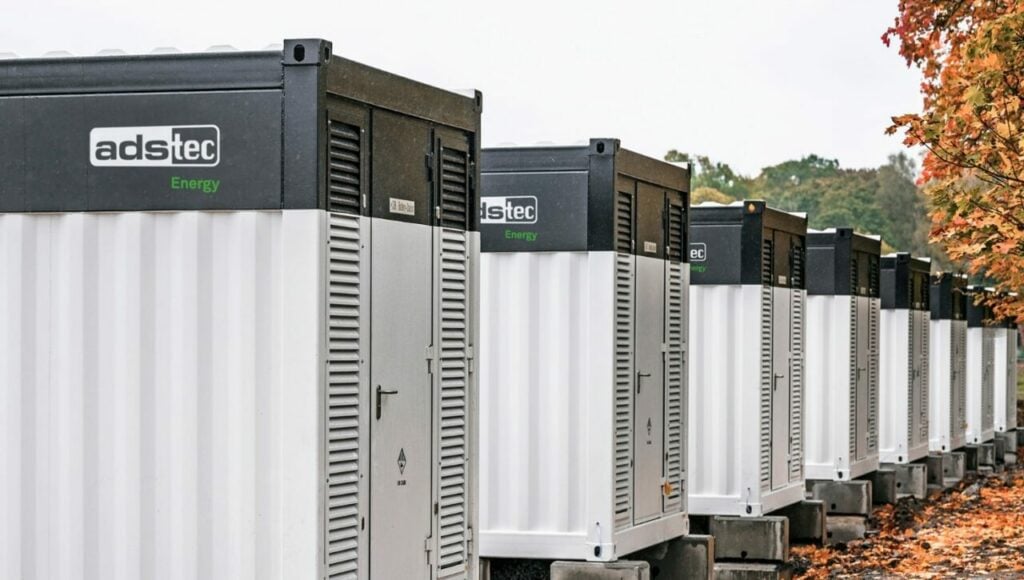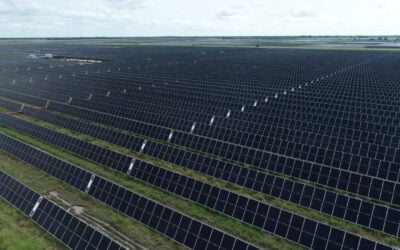
New rules could open up Sweden’s flexibility services market but may also simply favour incumbents, Nordic flexibility services provider Flextools told Energy-Storage.news, discussing wider challenges to deployment.
From 17 May, the power flexibility services market in Sweden – which includes demand response and fast frequency reserve (FFR) – will move from a Balancing Responsible Provider (BRP) system to a Balancing Service Provider (BSP) one, bringing it in line with the rest of the Nordic region.
Enjoy 12 months of exclusive analysis
- Regular insight and analysis of the industry’s biggest developments
- In-depth interviews with the industry’s leading figures
- Annual digital subscription to the PV Tech Power journal
- Discounts on Solar Media’s portfolio of events, in-person and virtual
Currently BRPs, typically large utilities or energy companies with responsibility for their customers’ energy usage, are the only ones who can provide flexibility services to Sweden’s transmission system operator (TSO) Svenska kraftnät or its many distribution system operators (DSOs), Flextools’ business developer Jason Erwin said.
However, the BRPs use technical aggregators, such as Flextools – which has a 200MW portfolio of BESS, wind, industrial sites, heat and power across the Nordics – to do the actual work of aggregating and placing bids.
The new rule will mean a BSP can bid directly into flexibility markets, in theory opening them up since any company can become a BSP. However, all energy assets will remain under a BRP and amendments to the rule change mean BSPs will need a bilateral agreement with every BRP their assets come under, and will not be able to bundle assets from different BRPs under one bid.
This is likely to limit the impact of the reform initially and may favour incumbent BRPs, Erwin said.
Wider challenges to BESS deployment
BESS is Flextools’ fastest-growing segment and will grow as a percentage of its total portfolio, but the company has not yet revealed the capacity of these additions. There is considerable interest in BESS in Sweden, with over 200MW of new large-scale BESS set to be deployed in the country this year, but Erwin noted significant challenges remain in the market.
This includes a lack of harmonisation across the Nordic markets when it comes to the way TSOs pre-qualify assets for flexibility services, as well as the frequency control reserve (FCR), another ancillary service market.
Pre-qualification itself is a challenge too, with a lack of access to information on BESS for market operators and delays between a testing date and notification of qualification that can last for up to several months.
Once batteries are live in the market, they may still face challenges around opaque or sub-optimal bidding approaches, limited or no visibility of the bidding process, prices and volumes, accepted bids and price levels, and minimal information on asset performance and health.
This is all alongside industry-wide challenges around grid wait times, supply chain delays and a lack of available and qualified labour to install the BESS units needed, Erwin said.
The 200MW figure for 2024 deployments is also very small in comparison to the growing flexibility services need that Svenska kraftnät has forecasted for the coming three years.
The total FFR, FCR (up and down), aFRR (Frequency Restoration Reserve) and mFRR (Manual Frequency Recovery Reserve) needed is estimated to be around 2,600MW in 2024, 3,250MW in 2025 and 3,150MW in 2026, according to this chart from Svenska kraftnät.
Most of this is today provided by hydropower assets with only a few hundred megawatts of grid-scale BESS online today, at most. Prices have been very high in the segment in the last few years which has driven the large-scale BESS market, but it will be a long time before BESS start to cannibalise the market, Sweden-based optimiser Flower said in a recent interview.
Energy-Storage.news’ publisher Solar Media will host the 9th annual Energy Storage Summit EU in London, 20-21 February 2024. This year it is moving to a larger venue, bringing together Europe’s leading investors, policymakers, developers, utilities, energy buyers and service providers all in one place. Visit the official site for more info.






